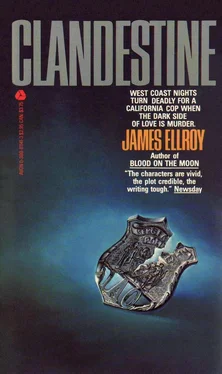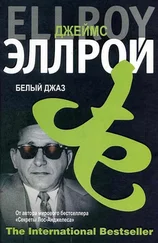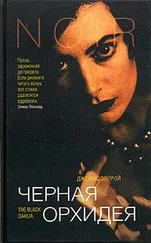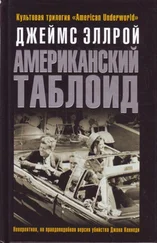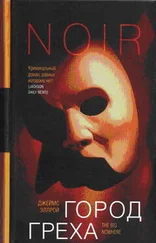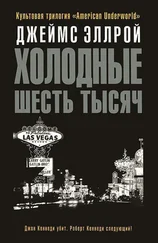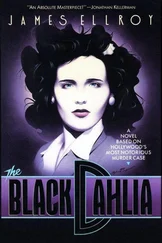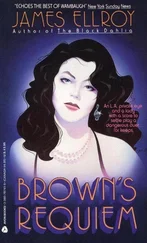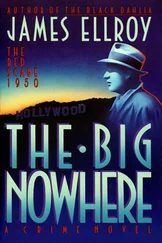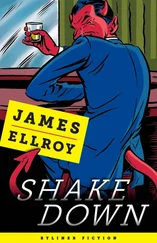“See the sister!”
“Handbill!”
“Glueman!”
“Oh, God. Oh, God.”
“Warruuggh!”
The crowd was threatening to drive me into the gutter, so I placed my brown bag on the sidewalk and backed off as they descended on it like starving vultures. Pushing and shoving ensued, and two men wrestled into the street and began feebly clawing and gouging at each other’s faces.
Within minutes all twenty bottles were broken or snatched up, and the sad boozehounds had dispersed to consume their medicine, except for one particularly frail, sad-looking old man in ragged pants and a Milwaukee Braves T-shirt and Chicago Cubs baseball cap. He just stared at me and waited at the head of the bean line, along with the few other indigents who hadn’t seemed interested in my offering.
I walked over to him. He was blond, and his skin had been burned to a bright cancerous red after years of outdoor living. “Aren’t you a drinking man?” I asked.
“I can take it or leave it,” he said, “unlike some others.”
I laughed. “Well put.”
“What do you want the Gluebird for? He don’t hurt nobody.”
“I just want to talk to him.”
“He just wants to suck his rag in peace. He don’t need no cops bothering him.”
“I’m not a cop.” I opened up my suit coat to show I was bereft of hardware.
“That don’t prove nothin’,” he said.
I sighed and lied: “I work for an insurance company. Marquette owes Melveny some money on an old employee claim. That’s why I’m looking for him.”
I could tell the wary man believed me. I took a five-spot out of my billfold and waved it in front of him. He snatched it up.
“You go down to Sister Ramona’s; that’s four blocks west of here. It’s got a sign out front that says ‘Handbill Passers Wanted.’ The Gluebird’s been working for the sister lately.”
I believed him. His pride and dignity carried authority. I took off in the direction he was pointing.
Sister Ramona was a psychic who preyed on Milwaukee’s superstitious lower middle classes. This was explained to me by one “Waldo,” an ancient bum lounging in front of the storefront where she recruited the winos and blood bank rejects who carried her message via handbill into Milwaukee’s poorer enclaves. She paid off in half gallons of wine that she bought dirt cheap by the truck-load from an immigrant Italian wine maker from Chicago. He jacked up the alcohol content with pure grain spirits, which weighed in his vino at a hefty one hundred proof.
Sister Ramona wanted to keep her boys happy. She provided them with free outdoor sleeping quarters in the parking lot of the movie theater she owned; she fed them three grilled cheese sandwiches a day, three hundred and sixty-five days a year; and she bailed them out of jail if they promised to repay the money by donating their blood for free at the blood bank owned by her gynecologist brother, who recently lost his license from poking too many patients in the wrong hole.
This came out in a torrent of words, unsolicited. Waldo went on to explain that the only trouble with Sister Ramona’s scam was that her boys kept kicking off of cirrhosis of the liver and freezing to death in the winter when her parking lot became covered over with snowdrifts that she never bothered to clear out. Ol’ sister had a high turnover, yes, sir, Waldo said, but there were always plenty of recruits to be found: sister was a wine cono-sewer supreme and she made a mean grilled cheese sandwich. And she wasn’t prejudiced, Waldo said, no sir, she hired white men and Negroes alike and fed them the same and provided them with the same flop-out space in her parking lot.
When I pulled a five-dollar bill out of my pocket and said the words “George The Gluebird’ Melveny,” Waldo’s eyes popped out and he said, “The Genius,” in a voice others reserved for Shakespeare and Beethoven.
“Why is he a genius, Waldo?” I asked as the old man deftly snatched the five-spot out of my hands.
He started jabbering, “Because he’s smart, that’s why! Marquette University professor! Sister made him a crew chief until he couldn’t drive no more. He don’t sleep in her parking lot, he sleeps in a sleeping bag in the summertime on the beach by the lake, and in the wintertime he sleeps in the nice warm boiler room at Marquette. He so smart that sister don’t pay him with no booze — he don’t drink no more; sister pays him off with model airplanes ’cause he like to build them and sniff the glue! The Gluebird is a genius!”
I shook my head.
“Whassa matter, man?” Waldo asked.
“You think that’s five dollars’ worth of information?”
“I sure do!”
“So do I. You want to make another fin?”
“Yeah, man!”
“Then take me to the Gluebird, now.”
“Yeah, man!”
We went cruising, in the front seat of my sweltering Ford sedan, zigzagging the streets of Milwaukee’s lower-class neighborhoods in a random pattern until we spotted pairs of ragged men tossing handbills onto lawns and front porches. Some venturesome winos even jammed them into mailboxes.
Waldo said, “This is what sister call ‘saturation bombing.’ Bomb ’em right into her parlor, she says.”
“How much does she charge?”
“Three dollars!” Waldo bellowed.
I shook my head. “Life’s a kick in the brains, isn’t it, Waldo?”
“Life’s more like a kick in the ass,” he said.
We drove on for another half hour. The Gluebird was not to be found among his colleagues. Exhaustion was catching up with me, but I knew I couldn’t sleep.
Finally Waldo exclaimed, “The hobby shop!” and started jabbering directions. All I could pick out was “Lake Michigan,” so I turned around and pointed the car toward a bright expanse of dark blue that was visible from our hilltop vantage point. Soon we were cruising down Lake Drive, and Waldo was craning his head out the window looking for the Gluebird.
“There!” he said, pointing to a row of shops in a modern shopping center. “That’s it.”
I pulled in, and finally spied a joint called Happy Harry’s Hobby Haven. At last my exhausted, dumbfounded brain got the picture: Happy Harry was George Melveny’s glue supplier.
“Stay here, Waldo,” I said. I parked and walked into the little store.
Happy Harry didn’t look too happy. He was a fat, middle-aged man who looked like he hated kids. He was suspiciously eyeing a group of them, who were holding balsa wood airplanes over their heads and dive-bombing them at one another, exclaiming “Zoom, karreww, buzz!” Suddenly, I felt very tired, and not up to sparring with the fat man, who looked like he would give a good part of his soul to converse with an adult.
I walked up to him and said, “George ‘The Gluebird’ Melveny.”
He said in return, “Oh, shit.”
“Why ‘Oh, shit’?” I asked.
“No reason. I just figured you was a cop or something, and the Bird set himself on fire again.”
“Does he do that often?”
“Naw, just once or twice. He forgets and lights a cigarette when his beard is full of glue. He ain’t got much of a face left because of that, but that’s okay, he ain’t got much of a brain left either, so what’s the diff? Right, Officer?”
“I’m not a cop, I’m an insurance investigator. Mr. Melveny has just been awarded a large settlement. If you point me in his direction, I’m sure he will repay the favor by purchasing glue by the caseload here at your establishment.”
Happy Harry took it all in with a straight face: “The Bird bought three models this morning. I think he crosses the drive and goes down to the beach to play with them.”
Before the man could say anything more, I walked out to the lot and told my tour guide we were going beachcombing.
Читать дальше
